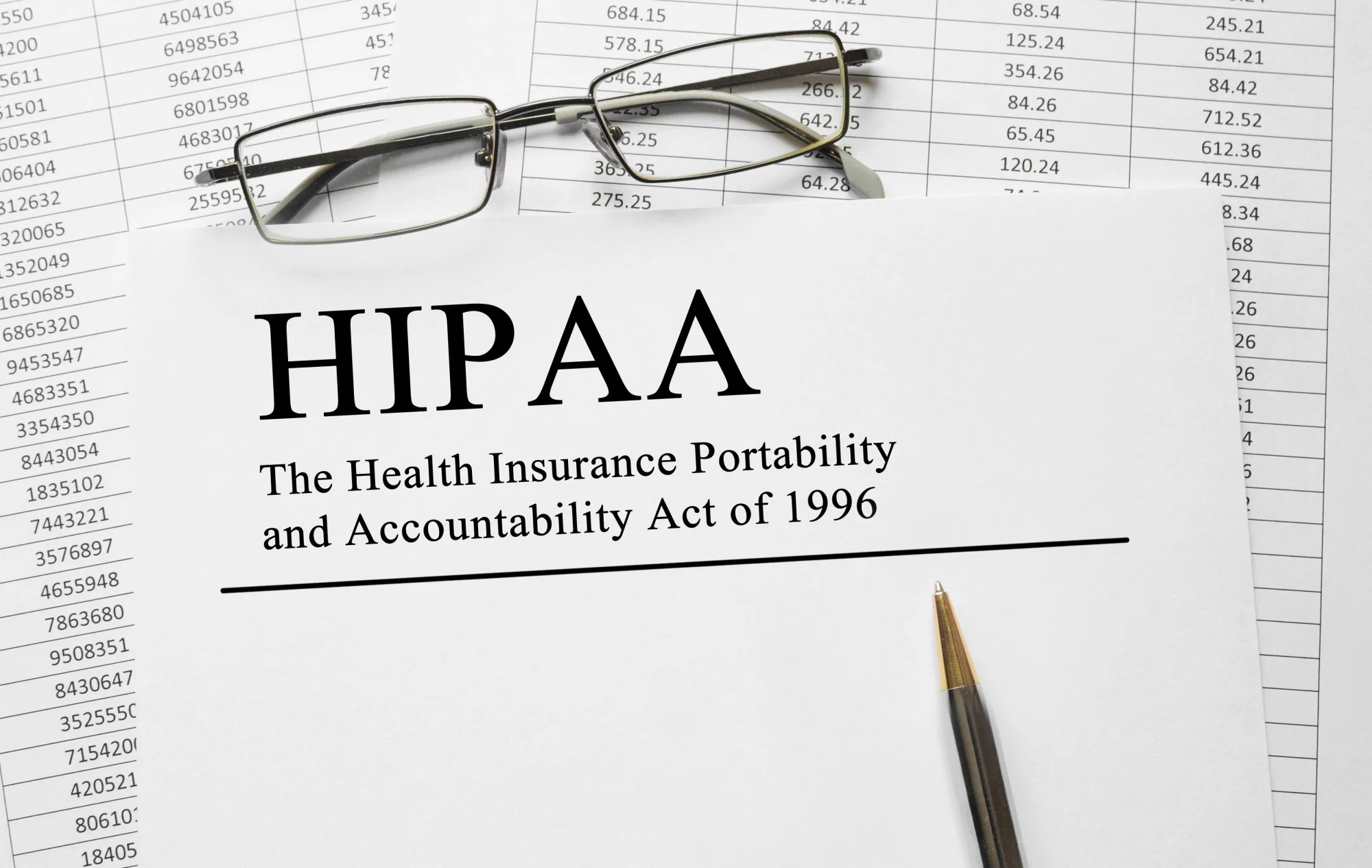A ransomware attack could conceivably corrupt private patient details and medical records, rendering them unusable and posing an identity/financial threat for patients who have lost their private information. Consider the following digital hygiene habits to help avoid similar threats to your dental practice.
Stolen Records and Startling HIPAA Breach Statistics
5 Signs You Need to Comply With The HIPAA Security Rule
HIPAA Auditing: What's Involved
Windows 7 End of Support Requires Upgrade for HIPAA Compliance
Windows and HIPAA compliance 2020 is almost here. The days of a Windows system being valid for 10 years and the never-ending version of Office has come to an end, as Microsoft has adopted and standardized their end of support life cycles for all their software including operating systems.
Many of you have asked: What does 2020 compliance mean to me?
Basically this means if your office is running Windows 7, Server 2008, 2008 R2, or Office 2010 or earlier it will need to be replaced with Server 2016 or 2019 Windows 10 Pro and or Office 365 to be compliant with HIPAA standards by 2020. Assured Tech is here to make this transition smooth and cost-effective for your office.
As a follow-up to our e-mail, we are offering tremendous deals on refurbished and/or off lease Windows 10 Pro workstations.
These units (Windows 10 pro, 12GB Ram, 240GB SSD) include a 1 year warranty and are only $550.00 per computer. All we ask is for a commitment to purchase the amount of workstations recommend by your system administrators by August 23, 2019, in order to make the bulk purchase. This allows us to pass on savings to your office. Installation will be no later than the first half of December 2019. Your system administrator will be able to schedule this upgrade with your office on an individual basis.
We also offer fantastic low monthly charges for Office 356 (Microsoft Word, Excel, PowerPoint, and Outlook). If not sure what version you have or if it will be HIPAA compliant, please ask you system administrator on his or her next visit.
Finally, don’t forget about our Assurance Compliance Plan! Ask your system administrator how we can make your HIPAA, HITECH, PCI, and cybersecurity insurance compliance easy. We are certified to ensure your office due diligence is covered to protect patients’ information utilizing industry-best practices that monitor and capture the information needed to satisfy these new state and federal regulations.
Just a final reminder, just because you have cybersecurity insurance doesn't mean that your office is protected from all threats or data breaches. There are scans and compliances that the office needs to complete on a quarterly basis to qualify for and validate your cybersecuirty insurance.
If any questions, concerns, or appointment setup please contact us today.
Thank you,
Assured Technology Services Administration Staff
Keep Your Practice Up-To-Date: New Dental Technology in 2019
Be Prepared: A Thorough Checklist for a HIPAA Audit
Is your practice HIPAA compliant?
The protection of health information is an important topic in the technological age. The use of devices such as smartphones and tablets as well as digital records management is widespread when connecting health care practices with patients and storing their data, which makes HIPAA compliance even more important. In order to stay on the right side of the law, your company must have regulations and security practices in place to protect sensitive data, including HIPAA compliant software.
HIPAA: Who is Affected
Health professionals in the United States are well aware of the need to stay compliant with HIPAA. The news regularly delivers reports of huge fines levied by OCR for failure to protect information properly. Not everyone, though, is fully aware of the scope of its requirements.
Mistakes, even innocent ones, can lead to serious consequences. A New Jersey psychologist was accused of violating patients' privacy because he sent unredacted bills to a collection agency. What would be a normal business practice for an automobile repair shop or a utility company may be strictly forbidden under HIPAA.
HIPAA Privacy vs. Security: What's the Difference?
Benefits of Managed IT Services
Managed IT services outsource your practice’s IT computer network management and support so you can focus on the operations of your office. A dental and medical office technology provider that offers these services is called an MSP or managed services provider. There are many benefits to having a managed IT services. Some of these advantages include:
Full, incremental, or differential: Three data backup types that help keep patient information safe
HIPAA Breaches: What to Do in a HIPAA Breach?
Data Safeguards Every Medical Practice Should Have
As a medical or dental professional, you have an extensive amount of patient data that you need to keep secure. Not only do you need to worry about HIPAA compliance and auditing, but you also need to keep your data safe to retain your patients' trust and comfort when using your services. Luckily, there are many safeguards you can use to keep your data safe that are easy to install and maintain. Here are essential data safeguards every medical practice needs to install.













